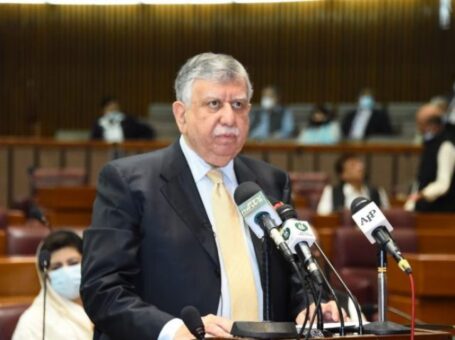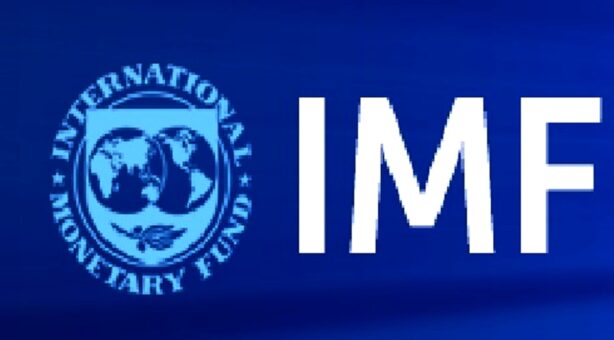KARACHI: The stock market likely to stay positive during the next week owing to expectation of IMF and Pakistan reach agreement.
Whereas, current macro-economic concerns such as higher inflationary reading due to jump in petroleum prices could keep the market range-bound.
Analysts at Arif Habib Limited said that the market to remain positive in the upcoming week. With IMF and Pakistan expected to reach agreement soon, the investor sentiment is anticipated to be upbeat.
The benchmark KSE-100 index of Pakistan Stock Exchange (PSX) is currently trading at a PER of 5.0x (2022) compared to Asia Pac regional average of 14.6x while offering a dividend yield of 8.4 per cent versus 2.2 per cent offered by the region.
The market commenced on a positive note this week since the government was able to convince TLP to call off its protest at the capital.
Moreover, rebound in Pak Rupee against greenback (settling at PKR 170.01), substantial reduction in international coal prices (down by 34 per cent WoW) and narrowing of trade deficit on a month-on-month basis by 10 per cent further strengthened the sentiment.
PM Khan’s announcement of PKR 120 billion subsidy package on essential food items further kept the momentum robust. Though profit-taking was witnessed briefly in few scrips but the sentiment remained unchanged. Albeit, the KSE-100 index closed at 47,296 points, climbing up by 1,111 points (up by 2.4 per cent WoW).
Sector-wise positive contributions came from i) Technology (490 points), ii) Fertilizer (136 points), iii) Refinery (115 points), iv) OMC’s (36 points), and v) Textile Composite (33 points). Whereas, sectors which contributed negative were i) Textile Weaving (14 points), and ii) Paper & Board (9 points). Scrip-wise positive contributors were SYS (241 points), TRG (210 points), MEBL (72 points), NRL (48 points) and FFC (41 points). Meanwhile, scrip-wise negative contribution came from UBL (38 points), LUCK (35 points) and HBL (33 points).
Foreign selling continued this week, clocking-in at USD 11.2 million compared to a net sell of USD 2.7 million last week. Major selling was witnessed in Commercial Banks (USD 5.6 million) and Fertilizer (USD 1.4 million). On the local front, buying was reported by Individual (USD 14.5 million) followed by Insurance Companies (USD 6.5 million). Average volumes clocked-in at 430 million shares (up by 2.4 per cent WoW) while average value traded settled at USD 89 million (up by 121 per cent WoW).





